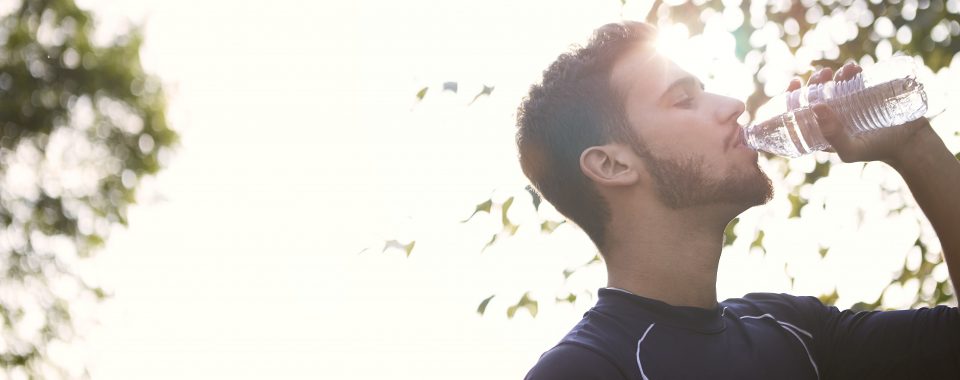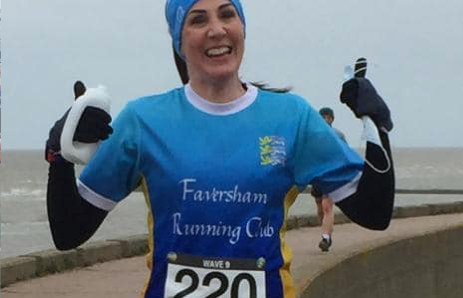I don't sweat, I glisten
Dehydration is really common in running, especially in longer events. It also significantly impairs performance. Getting your hydration right during training runs and in events is a simple thing that can help improve your performance.
When we run, we sweat; everyone is different and some people will sweat more than others. The hotter it is or the harder you work, the more you sweat. This is the body’s way of stopping you from overheating.
In typical temperatures of 15-20 °C you can lose 800-1200ml of fluid per hour just in sweat!




